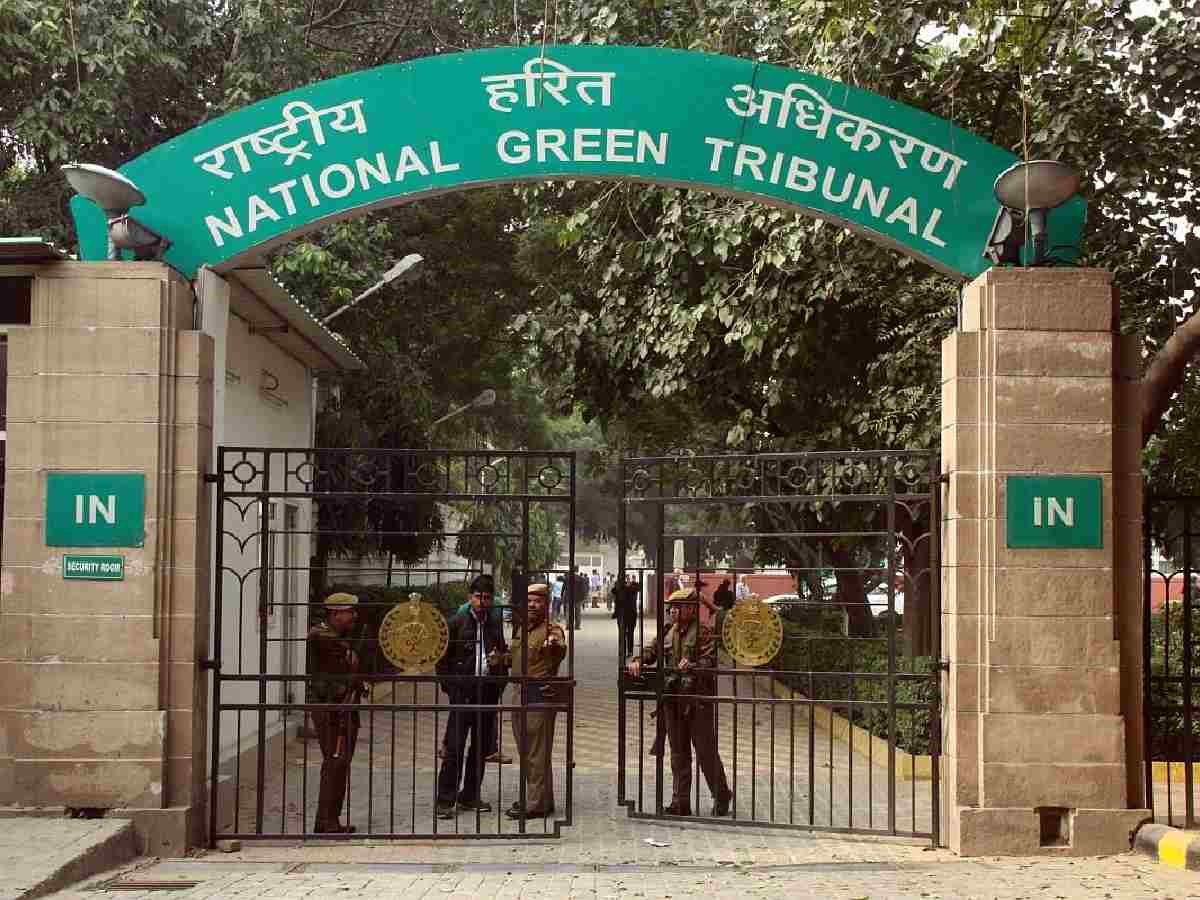
The National Green Tribunal (NGT) has called for responses from Delhi’s police chief and the special commissioner for traffic management on measures implemented to reduce air pollution caused by vehicle movement and parking issues. It emphasised the need for a clear, transparent process in activating the different stages of the Graded Response Action Plan (GRAP), an anti-pollution measure.
The NGT was addressing the worsening air quality in the National Capital Region (NCR), which requires the application of various GRAP stages. In an order dated October 24, NGT Chairperson Justice Prakash Shrivastava stated, “Now, the winter has started, and we find that the Air Quality Index (AQI) on October 23 in Delhi was 364, categorised as very poor, indicating a lapse by the authorities in preventing air quality decline in NCR.” The bench, also including Justice Arun Kumar Tyagi and expert member A Senthil Vel, referred to an October 23 report from the Commission for Air Quality Management (CAQM), noting that GRAP Stage I was invoked when Delhi’s AQI surpassed 200 for an extended period.
Also Read: Delhi: Authorities intensify efforts as air quality dips into “very poor” category
The tribunal voiced concerns about the CAQM’s lack of clarity on how many days are averaged to invoke Stage I and what duration qualifies as “sufficiently long.” It stressed the need for objective criteria and a transparent process for applying GRAP stages. Noting vehicular pollution as a major contributor to air quality issues, the NGT held the police responsible for traffic management, parking enforcement, and controlling unauthorised and old vehicles. Subsequently, it included the police commissioner and traffic management special commissioner as respondents in the case.
The tribunal directed these new respondents to submit affidavits detailing ground-level steps taken to curb vehicular and parking-related pollution factors. Additionally, the NGT instructed Delhi government and Municipal Corporation of Delhi (MCD) to strengthen their field teams and improve oversight to enforce violations effectively.
The Central Pollution Control Board (CPCB), Delhi government, and MCD were urged to promote mobile applications for pollution monitoring. The Union Ministry of Environment, Forest and Climate Change (MoEF&CC) also submitted a report listing current and proposed air quality monitoring stations in NCR, although no new stations are planned for Delhi. The tribunal further asked the CAQM to outline actions taken from January to September 2024 to prevent winter air quality deterioration.
The next hearing is scheduled for November 5.
(With inputs from PTI)
The initiative focused on a victim-centric approach and aimed at strengthening public trust through proactive…
Six of the suspects have been arrested from different parts of Tamil Nadu and will…
The weather department has predicted a mainly clear sky during the day with the maximum…
The likely Rs 1,000 crore sale of the Tehri Garhwal House, former royal residence on…
On the principle of 'Sarvajan Hitaya, Sarvajan Sukhaya' -- Welfare for all, Happiness for all…
With hundreds reported missing in Delhi this year, this guide explains how families can use…